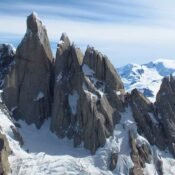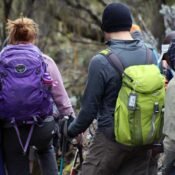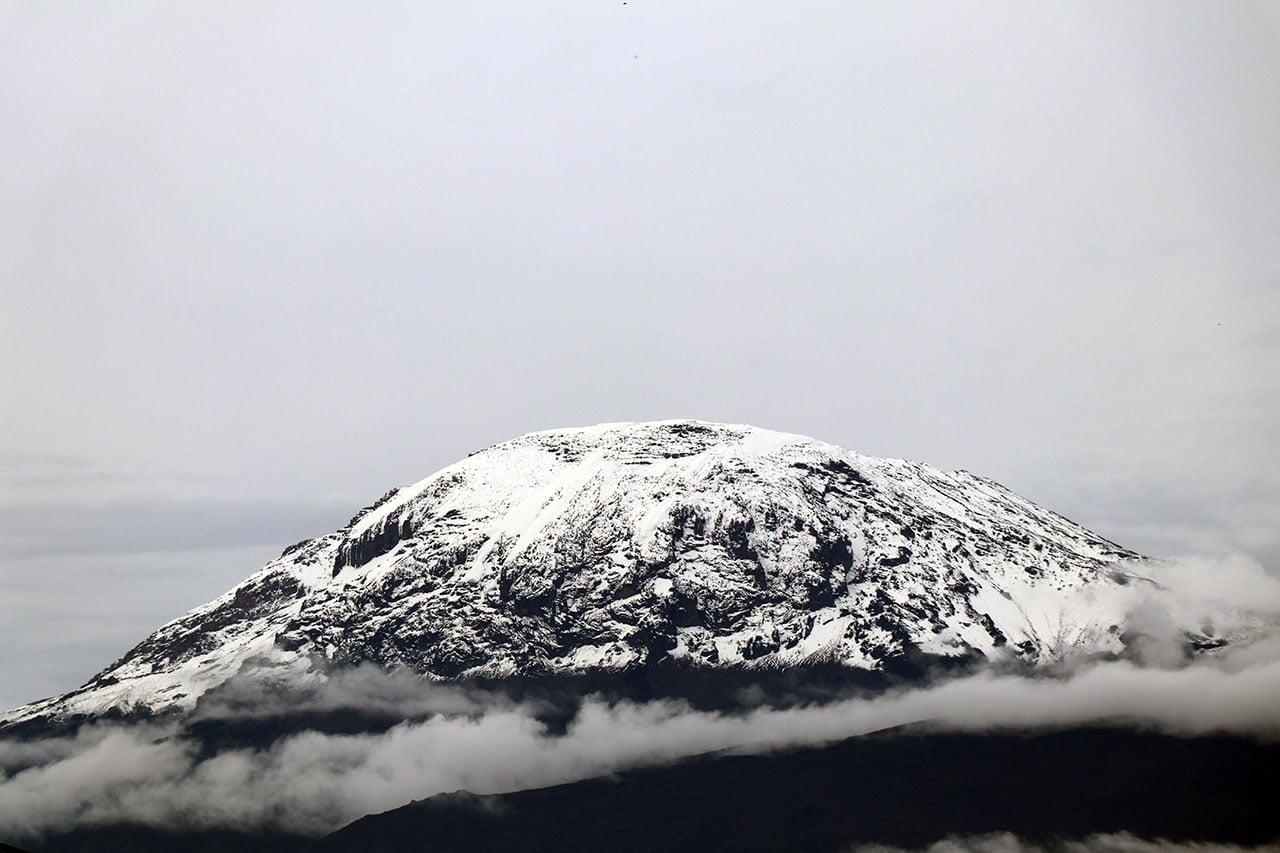Medical check-up
Should I Get a Medical Check-Up before climbing Kilimanjaro?
Pre-Climb Medical Check
Before starting on a climb up Mount Kilimanjaro, see your family doctor. A simple check-up will verify that your fitness levels are appropriate and that your general health is capable of handling the mountain’s obstacles.
High-altitude trekking carries its own set of dangers. Climbing Kilimanjaro is a rigorous, demanding adventure, and you should be mindful of how the altitude and terrain may impact any pre-existing injuries or medical concerns.
A medical check can also disclose any previously undetected difficulties, such as high blood pressure, lung problems (asthma), or cardiac diseases, which may impair your ability to climb.
We at Climbing Kilimanjaro take your safety very seriously. We ask that you fill out a medical form before to your climb so that our guides have a clear picture of your overall health and are aware of any health concerns, difficulties, or injuries you may have.
If we find something on your medical checklist that requires more explanation, we may request a doctor’s report. But in most circumstances, this is unnecessary.

Emergency scenarios may and do arise on the mountain, and understanding how to respond to them can be critical in times of difficulty. It is critical that we are informed of any facts that may risk the excursion or cause problems for you at high altitude.
Existing injuries may be worsened by the hike. 6-8 hours of trekking each day may be taxing on the back and joints. The downhill stretches are very painful on the knees.
Regular Prescriptions and Medications
Some prescription medications might have negative side effects at altitude. Your doctor will determine if your normal medicine is appropriate for the alpine climate. Our guides will need to know the medications you are taking.
If you intend to use Diamox to aid with acclimatization, you must obtain a prescription from your doctor, who will then determine if there are any potential bad interactions with your current medicine or medical conditions.
Kilimanjaro Age restrictions
The minimal age to climb Kilimanjaro is ten years old. Younger children have climbed to the peak, although this needs special permits from the park administration. There is no maximum age limit. Climbers under 18 and above 65 must have a doctor sign off on their fitness for the challenge.
An Important Note about Asthma
All climbers with a history of asthma, especially childhood asthma, must consult with their doctor before climbing Kilimanjaro. If you have asthma, it should be stable and manageable.
Even if your asthma has been stable for years, the mountain’s atmospheric conditions can worsen it. Dry air, a lack of oxygen, and mountain dust can irritate the respiratory system, which, when paired with the effort of high-altitude hiking, can result in asthma episodes.
Your doctor should also test for interactions with Diamox (acetazolamide), dexamethasone (used to treat altitude sickness), and regular antibiotics.





